Around four Roma stood in front of the Rožňava district court waiting to hear and listen to a man speaking loudly. His name was Stanislav Kučerák, a key witness in a case of vote-buying corruption, with the police accusing Gemerská Poloma mayor Miroslav Michalka and local Roma Matej Kučerák, Stanislav’s brother of this crime.
Suspicions of vote buying emerge during every election, particularly among the Roma. Yet it is the first case of a mayor going to court for such a crime in Slovakia's history.
Stanislav Kučerák claims that he saw his brother giving alcohol, chocolate and coffee to local Roma before the 2014 municipal elections. He realised that his activities were corrupt when he saw his brother taking €1100 from Michalka in exchange for gathering Roma votes for him.
“I was participating in this corruption and I am willing to accept punishment for that,” Stanislav Kučerák told The Slovak Spectator. “However, we cannot allow mayors to buy Roma votes for coffee and chocolate.”
It was the first hearing in the case and the judge was supposed to hear around ten people on that day; some of whom travelled from London just for this hearing.
Michalka, who faces from one to five years behind bars, refused to respond to questions from media. In his speech he only told the court that accusations of corruption are the way in which Stanislav Kučerák is trying to harm him.
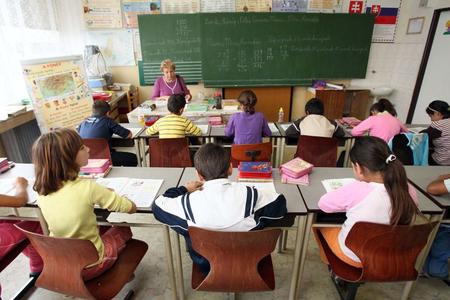
Influencing witnesses
Stanislav Kučerák, throughout the day, begged witnesses to not change their initial testimonies for the police when they described how Michalka bribed Matej Kučerák who was later giving alcohol, coffee and sweets to Roma living in Gemerská Poloma in exchange for their votes.
“You cannot lie,” Stanislav Kučerák yelled at a woman witness. “You know what is waiting for you after giving false testimony.”
Nevertheless, in front of the court, one after another stated that their previous testimonies were false and that they had been forced to do so.
“I didn’t even read the testimony, just signed it,” one of the witnesses, Jaroslav Tony told the court about his hearing at the police station. “I would vote for Mr Michalka nevertheless. I didn’t do it for spirit.”
It is clear that Michalka has been influencing witnesses to change their first testimonies, according to Kučerák who also serves as a member of the village council.
“The mayor is influencing witnesses, he promised them something,” Kučerák said.
Michalka refused to comment on the allegations. Matej Kučerák was more talkative and claimed that it was his brother Stanislav who was influencing witnesses using his good relationships with investigators to make them testify against Michalka.
To avoid negative influence on witnesses and contradictions in testimonies, in the case of Roma from marginalised communities, The Centre for Civil and Human Rights NGO demands authorities carry out an investigation as fast as possible.
Support for mayor
It takes approximately ten minutes to get to Gemerská Poloma by car from Rožňava where the court hearing is ongoing.
There is not a Roma settlement in the village; most of the local Roma live on two streets on the edge of the village. At first sight their homes are no different from the majority in the village, with one exception. They have no fences enclosing their backyards and anyone can enter.
“I heard about giving out chocolates but they would not dare approach us,” 60-year-old Roma Libuša Požoltová living in Gemerská Poloma told The Slovak Spectator. “I was working for 39 years and I can buy chocolate by myself.”
Together with other Roma approached by The Slovak Spectator she claims that they do not have problems with the new mayor as he tries to help them. The corruption scandal did not spark conflict among the Roma community and the village is running normally, according to Požoltová.
Less than 50 metres from her house lives Jaroslav Tony who is testifying in the case. When approached by journalists, he turns back to his house and refuses to comment on changing his testimony.
It is true that some gifts were given before the elections and they were part of a campaign, but not related to Michalka, according to another Roma villager Mário Červenák.
People from the majority show little interest in the scandal and claim that the whole case is just conflict among the Roma.
“Those claims are just at hearsay level,” Jozef Gunár of Gemerská Poloma told The Slovak Spectator. “Some Roma are complaining that mayor Michalka cannot fulfil his pre-election promises immediately.”
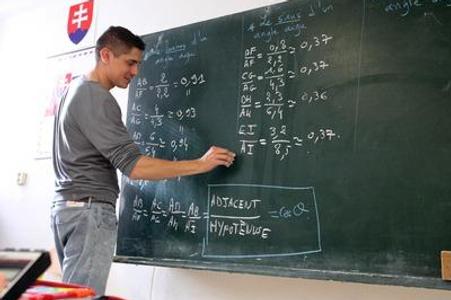
Corruption is hard to prove
Voting corruption is hard to prove because indications are not enough and police need to gather evidence. Moreover, both sides – the corrupting one and the corrupted one – are often unwilling to admit to the act because they both face punishment, Justice Minister Lucia Žitňanská stated in late 2016.
She was commenting on most recent scandal of possiblevote buying involving a Smer party regional head in the town of Prešov, Stanislav Kubánek and Prešov regional governor Peter Chudík. Both politicians got more votes than the head of their Smer party and current Prime Minister Robert Fico in the Roma settlement of Lomnička village in the March 2016 parliamentary elections.
Police, however, failed to prove that they were buying votes after seven Roma suddenly changed their testimonies. At first they admitted that they had voted for both candidates for a pack of cigarettes but after confrontation they claimed that this was a lie.
Back in 2015, a Specialised Court sentenced Branislav Tekeli and Pavol Štefan to jail for one year and five months, respectively, for buying votes for unspecified candidates of Smer and the Slovak National Party. Yet the police failed to prove that those candidates initiated the corruption.



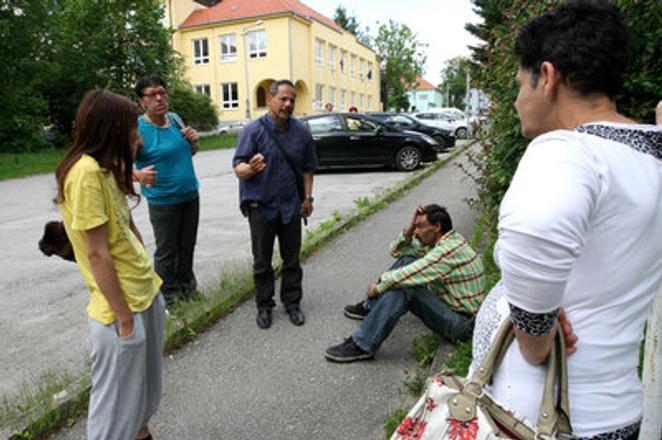 Stanislav Kučerák (blue shirt) is a key witness in the vote-buying case. (source: Sme)
Stanislav Kučerák (blue shirt) is a key witness in the vote-buying case. (source: Sme)
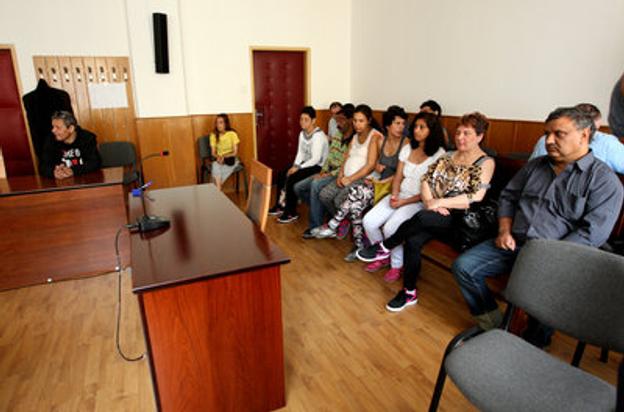 During the court hearing (source: Sme)
During the court hearing (source: Sme)
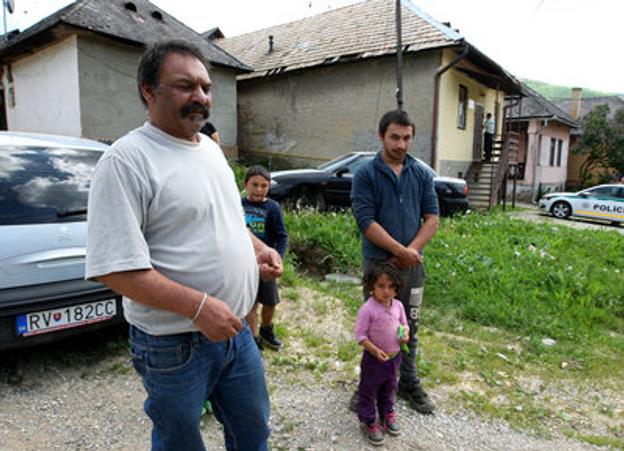 Gemerská Poloma (source: Sme)
Gemerská Poloma (source: Sme)